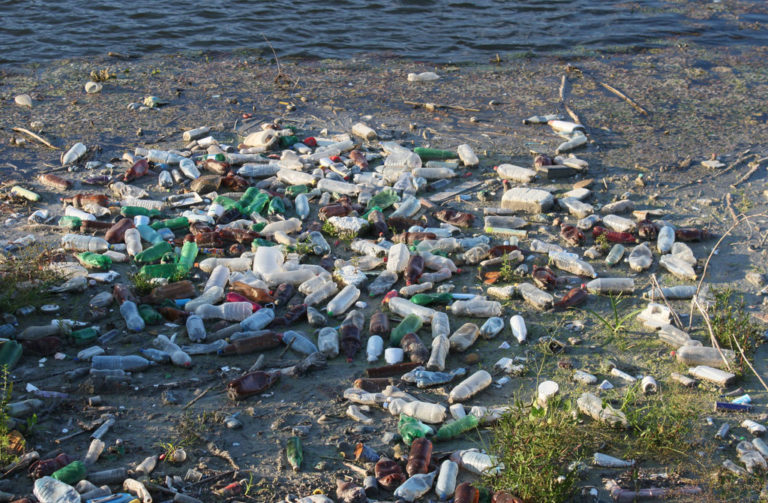Representatives of 175 nations agreed to a legally binding treaty to restrict the increase of plastic pollution on Wednesday 2 March 2022.

The agreement drew on a joint proposal submitted by Peru and Rwanda that reflected on developing nations being at the forefront to tackle plastic pollution, with South Africa supporting the proposal in the lead up to the meeting.
‘Plastic pollution is a planetary crisis, a threat that affects all of us,’ Jeanne d’Arc Mujawamariya, the Rwandan environment minister, said at the meeting. ‘The real work now begins.’
In a landmark declaration, delegated at the UN Environment Assembly (UNEP) in Nairobi, nations agreed to a legally binding agreement to work towards shifting away from single-use plastics and removing barriers to investments in a circular economy. In many parts of the developing world, the collecting and sorting of plastic waste tend to fall on informal waste pickers who work for little pay, or the homeless who bring plastic waste to recycling centres.
Supporters of the treaty have said that this is the most important environmental accord since the 2015 Paris Agreement on climate change, where nations agreed to cut greenhouse emissions.
According to the draft resolution from the UN Environment Assembly, negotiators are now tasked with the first of many rounds to iron out the details of a treaty on plastics and seal the deal by 2024. President of the Environment Assembly, Espen Barthe Eide, said it was particularly significant that ‘this divided world can still agree on something based on science’.
According to an article in the scientific journal Nature, the total amount of plastic ever produced is now greater than the weight of all land and marine mammals combined, where only 9% has ever been recycled.
According to the UN, the bulk of plastic production is designed to be used just once, which then ends up in landfills and the natural environment. The reduction of plastics is instrumental in meeting climate goals where it contributes 4.5% to global greenhouse emissions in 2015, more than the world’s aeroplanes combined.
The treaty also agrees to improve recycling and provide financial assistance to developing nations, with the resolution stating that ‘the high and rapidly increasing levels of plastic pollution represent a serious environmental problem at a global scale, negatively impacting the environmental, social and economic dimensions of sustainable development’.
Picture: Lucian Wanda/ Pexels
ALSO READ
















